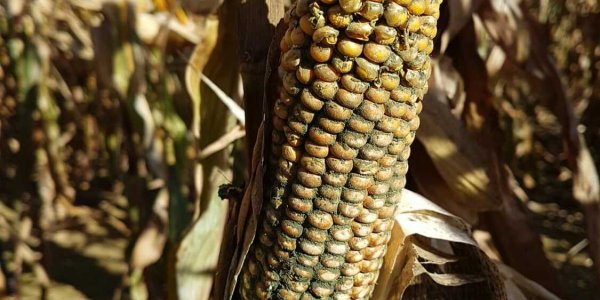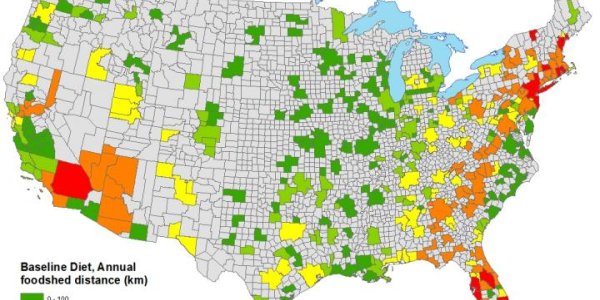Eating Less Meat Won't Help Protect The Environment, Eating Less Will
A new paper seeks to take some of the guesswork out of subjective "sustainable" diets. Activists like True Health Initiative try to claim that a meatless diet is better for human health and the…












